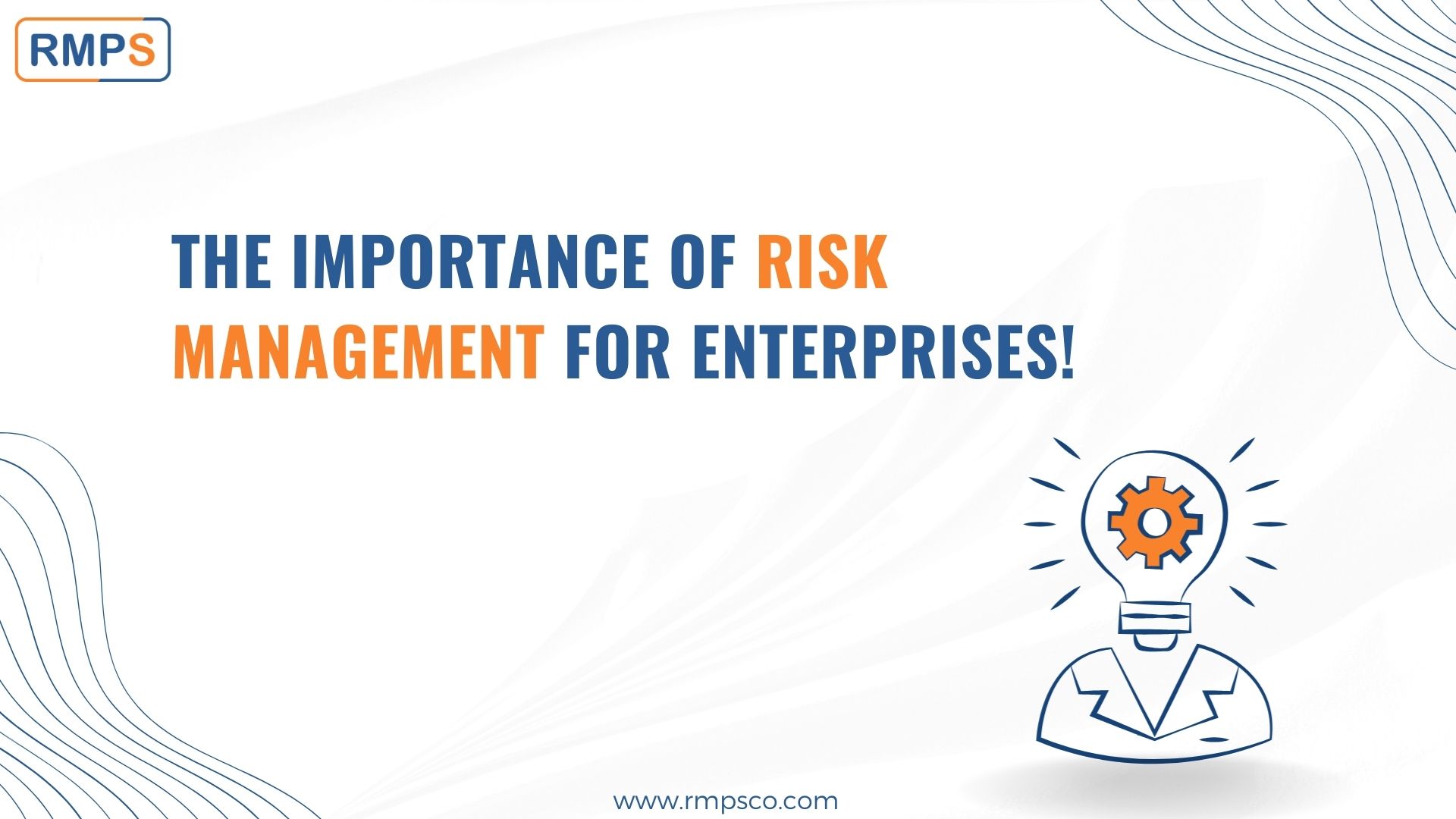Why Organizations Should Focus on the Importance of Risk Management Now More Than Ever
Why Organizations Should Focus on the Importance of Risk Management Now More Than Ever
Blog Article
Checking out the Significance of Risk Management for Effective Decision-Making Methods
In the detailed world of company, Risk Management emerges as a critical aspect in the decision-making process. The ability to identify prospective risks and opportunities, and plan accordingly, can lead to the difference between success and failure.
Understanding the Idea of Risk Management
Risk Management, a vital element in decision-making, is often misinterpreted or oversimplified. Normally, it describes the recognition, evaluation, and prioritization of risks to minimize, keep track of, and control the possibility or impact of unfavorable events. It's not simply about avoiding negative end results, yet likewise regarding recognizing prospective chances. Risk Management involves regimented and structured methods, using information and insightful assessments. It calls for a thorough understanding of the company's context, purposes, and the potential risks that might thwart them. From monetary unpredictabilities, lawful responsibilities, strategic Management errors, to accidents and all-natural calamities, it resolves numerous dangers. Importantly, reliable Risk Management is not stationary; it's a constant, progressive procedure that develops with transforming scenarios.
The Function of Risk Management in Decision-Making Processes
In the world of strategic planning and service procedures, Risk Management plays an essential role in decision-making procedures. Risk Management thus ends up being a crucial device in decision-making, assisting leaders to make enlightened choices based on a detailed understanding of the threats included. Risk Management offers as an essential element in the decision-making processes of any company.

How Risk Management Improves Strategic Preparation
In the context of calculated preparation, Risk Management plays a critical function. Starting with the identification of prospective risks, it further reaches the application of Risk reduction actions. The duty of Risk Management is vibrant however not static, as it requires constant surveillance and adjusting of approaches.
Recognizing Possible Threats

Applying Risk Reduction
Risk mitigation strategies can range from Risk evasion, Risk transfer, to risk decrease. Each approach should be tailored to the specific Risk, considering its potential influence and the company's Risk tolerance. Effective Risk reduction requires a deep understanding of the Risk landscape and the potential influence of each Risk.
Tracking and Changing Strategies
Though Risk reduction is a crucial action in strategic planning, constant tracking and modification of these approaches is similarly essential. It likewise offers a possibility to examine the success of the Risk Management actions, permitting changes to be made where needed, more enhancing tactical preparation. importance of risk management Monitoring and adjusting Risk Management approaches is an important part for boosting a company's resilience and strategic preparation.
Case Studies: Successful Risk Management and Decision-Making
In the world of business and money, effective Risk Management and decision-making typically function as the pillars of thriving ventures. One such entity is an international oil firm that alleviated monetary loss by hedging against fluctuating oil rates. In an additional instance, a technology startup prospered by recognizing and accepting high-risk, high-reward approaches in an unpredictable market. An international financial institution, confronted with regulative uncertainties, successfully navigated the situation with positive Risk evaluation and dynamic decision-making. These cases highlight the worth of astute Risk Management in decision-making processes. It is not the absence of Risk, however the Management of it, that frequently sets apart successful business from unsuccessful ones. These situations highlight read the full info here the vital duty of Risk Management in tactical decision-making. importance of risk management.
Tools and Strategies for Reliable Risk Management
Browsing the complex puzzle of Risk Management requires the appropriate set of strategies and tools. These tools, such as Risk registers and heat maps, aid in identifying and assessing potential risks. Techniques consist of both quantitative approaches, like level of sensitivity evaluation, and qualitative techniques, such as SWOT analysis. These aid in focusing on dangers based on their prospective influence and possibility. Risk reaction strategies, an essential part of Risk Management, include accepting, preventing, moving, or mitigating risks. Tracking and controlling dangers, with regular audits and reviews, make certain that the techniques remain efficient. With these strategies and tools, decision-makers can browse the complex landscape of Risk Management, thereby promoting educated and reliable decision-making.
Future Trends in Risk Management and Decision-Making Strategies
As we explore the vast landscape of Risk Management, it ends up being apparent that the methods and devices used today will continue to develop. The principle of Risk society, where every participant of an organization is aware and involved in Risk Management, will certainly obtain a lot more importance. These patterns declare a more inclusive and proactive strategy towards Risk Management and decision-making.
Verdict

Risk Management hence comes to be an important tool in decision-making, aiding leaders to make informed options based on an extensive understanding of the risks included. Risk reduction strategies can range from Risk evasion, Risk transfer, to risk decrease (importance of risk management). Reliable Risk reduction calls for a deep understanding of the Risk landscape and the prospective impact of each Risk. Risk feedback click to find out more methods, a crucial element of Risk Management, include approving, preventing, transferring, or mitigating threats. The idea of Risk culture, where every participant of an organization is aware and included in Risk Management, will acquire more prestige
Report this page